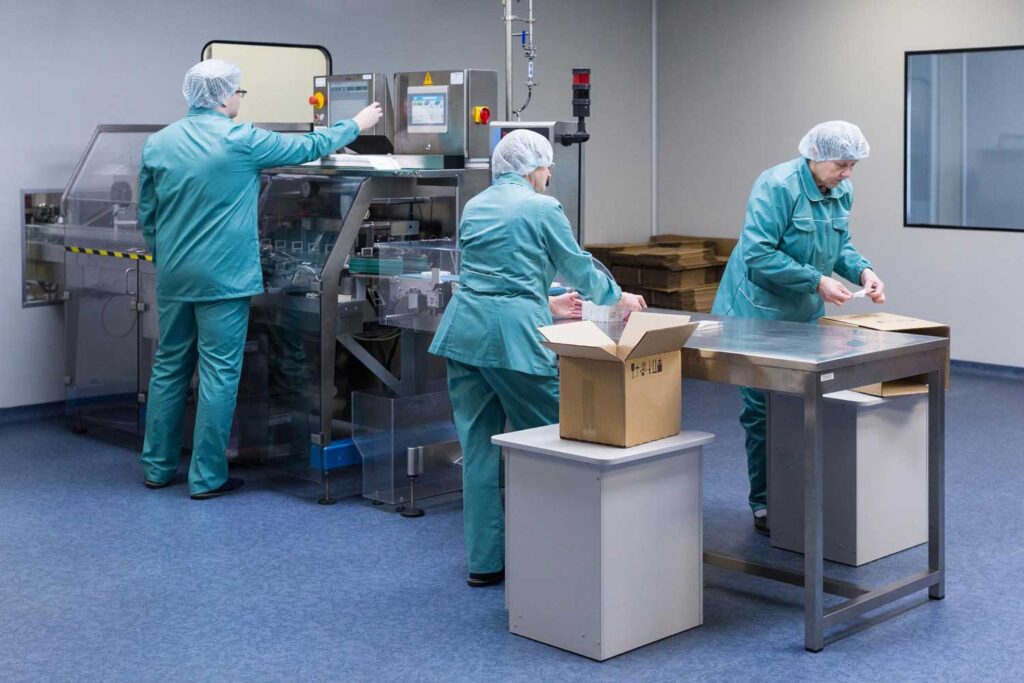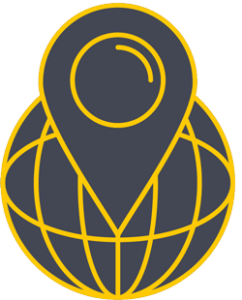
MIBEMA Pharmaceuticals division stands as a cornerstone in the provision of comprehensive pharmaceuticals, over-the-counter (OTC) and consumer health products sourced from world-class manufacturers and renowned brands.
As a trusted pharmaceutical agent and distributor for leading multinational enterprises, we specialize in delivering innovative healthcare solutions. The distribution of pharmaceutical products is a critical aspect of the pharmaceutical supply chain, ensuring that medications and medical devices reach healthcare providers and patients safely and efficiently.
This complex process involves multiple stakeholders, stringent regulatory requirements, and advanced logistics to maintain the integrity and availability of products.

Pharmaceutical distribution is governed by strict regulations to ensure the safety and efficacy of products. Distributors must comply with guidelines set by regulatory bodies such as the FDA, EMA, and WHO, including Good Distribution Practices (GDP). Compliance ensures that products are stored, handled, and transported under conditions that preserve their quality.
Maintaining the quality of pharmaceutical products throughout the distribution process is paramount. This involves:

Efficient logistics are essential for timely and accurate delivery of pharmaceutical products. This includes:
Pharmaceutical products reach end-users through various distribution channels, including:

Advanced technologies enhance the efficiency and security of pharmaceutical distribution. Key technologies include:

Globalization
The globalization of the pharmaceutical industry introduces challenges related to cross-border regulations, varying quality standards, and logistical complexities. Ensuring consistent quality and compliance across different regions requires robust coordination and monitoring.

Counterfeiting and Fraud
Counterfeit pharmaceuticals pose significant risks to patient safety. Distributors must implement stringent measures to authenticate products and secure the supply chain against fraudulent activities.

Regulatory Variability
Different countries have varying regulatory requirements, making it challenging for distributors to ensure compliance across all markets. Staying updated with global regulations and adapting distribution practices accordingly is essential.

Supply Chain Disruptions
Natural disasters, geopolitical issues, and pandemics can disrupt the pharmaceutical supply chain. Developing contingency plans and resilient logistics networks helps mitigate these risks and ensure continuous supply.

Conclusion
The distribution of pharmaceutical products is a vital function that requires meticulous planning, stringent compliance, and advanced logistics to ensure that medications and medical devices reach those in need safely and efficiently. By integrating technology, maintaining quality assurance, and navigating regulatory landscapes, distributors play a crucial role in the healthcare ecosystem. As the industry continues to evolve, ongoing innovation and collaboration will be key to addressing emerging challenges and enhancing the distribution process.